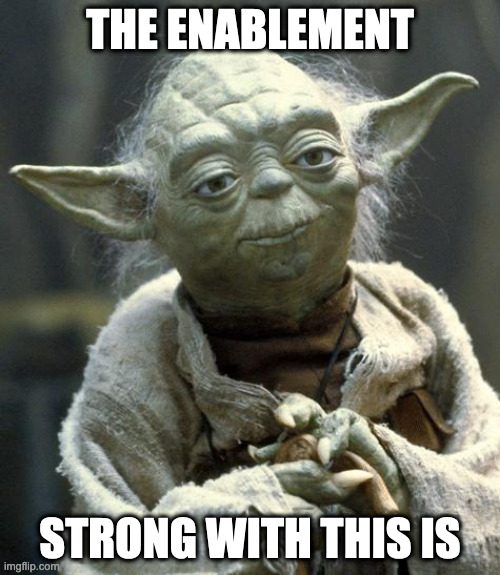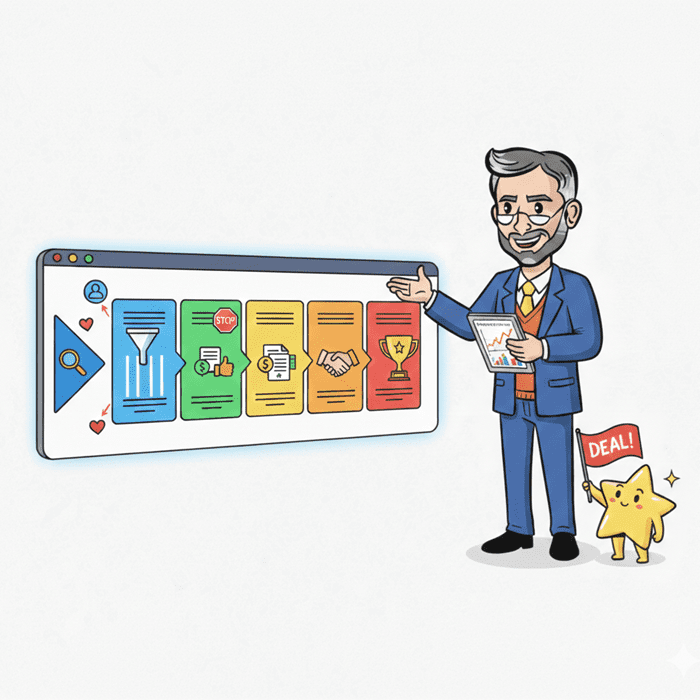Definition: Sentiment marketing is a strategy that leverages consumer emotions, opinions, and attitudes to shape brand messaging, content, and targeting. It involves monitoring public sentiment—positive, negative, or neutral—about a brand, product, or trend and adapting marketing efforts accordingly.
Use It In a Sentence: The team adjusted its sentiment marketing strategy after social listening revealed growing frustration around the product’s delivery time.

Why Sentiment Marketing Matters
Emotion drives decisions. Sentiment marketing helps you:
- Understand how people feel about your brand or competitors
- Adapt messaging to match emotional tone and public perception
- Prevent PR crises by spotting negative sentiment early
- Enhance campaigns by aligning with positive mood and audience values
- Boost engagement by tapping into real-time emotional relevance
Sources for Sentiment Data
Sentiment signals come from a variety of digital touchpoints:
- Social media platforms (mentions, hashtags, comments)
- Product reviews & testimonials
- Customer support interactions
- Surveys and polls
- Forum discussions (e.g., Reddit, Quora)
- News media coverage
- Sentiment analysis tools (e.g., Brandwatch, Sprout Social, Talkwalker)
Applications of Sentiment Marketing
| Use Case | Example |
|---|---|
| Brand Reputation Monitoring | Track spikes in negative sentiment to address concerns early |
| Ad Creative Optimization | A/B test emotionally resonant copy based on audience tone |
| Product Feedback Loops | Feed review data into future product development cycles |
| Campaign Timing | Launch emotionally charged campaigns during cultural moments |
| Crisis Management | Respond quickly to controversies or dissatisfaction |
Sentiment Marketing in Action
- Coca-Cola’s “Share a Coke” campaign tapped into personalization and nostalgia—two deeply emotional drivers.
- Nike’s ad with Colin Kaepernick generated polarizing sentiment but significantly boosted engagement and brand loyalty in its core audience.
- Spotify Wrapped builds positive sentiment annually by celebrating individual music tastes—turning users into brand evangelists.
Tools for Sentiment Analysis
- Brandwatch – Real-time sentiment tracking across platforms
- Sprout Social – Social listening and sentiment scoring
- Talkwalker – Emotion insights and trend detection
- MonkeyLearn – Custom machine learning for sentiment tagging
- Google Alerts + Sheets – Lightweight, manual monitoring method
Final Thoughts: Marketing That Feels What the Market Feels
Sentiment marketing gives you a competitive edge by listening before speaking. When you tap into audience emotions—and react in real time—you don’t just gain attention. You earn trust, relevance, and loyalty.
More Definitions & Related Blogs
Explore more brand strategy and data-driven marketing terms from the Sales Funnel Professor:























